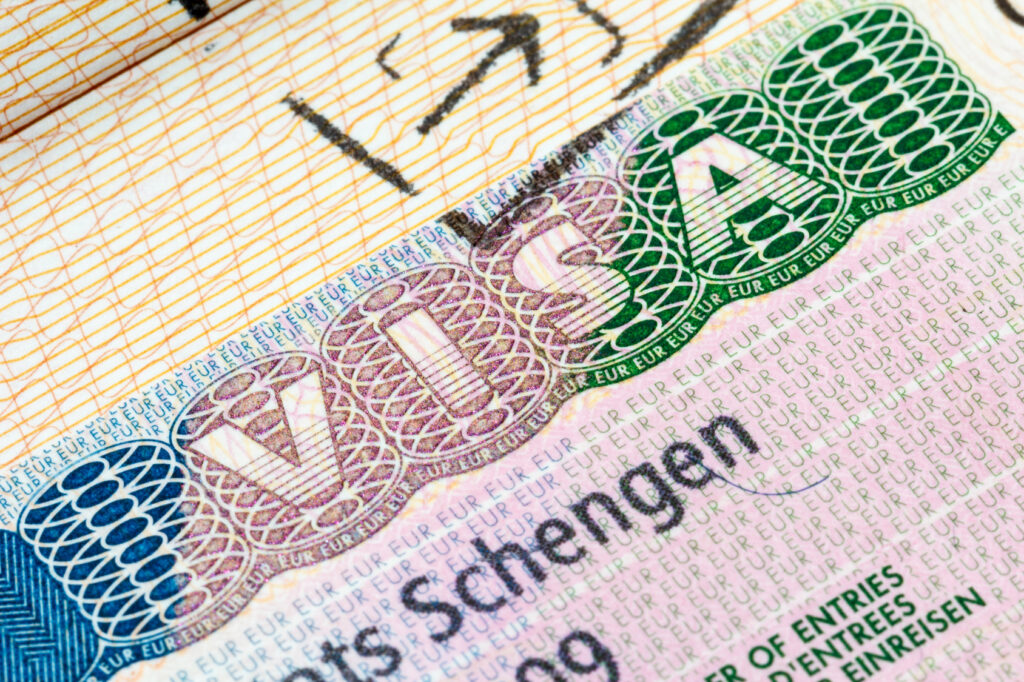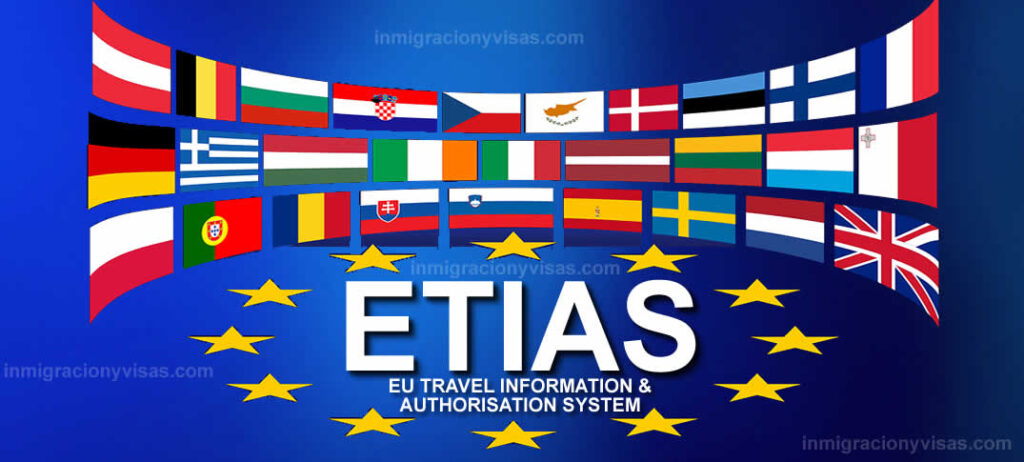Essential Travel Documentation for Europe: What You Need Based on Your Country of Origin
Planning a trip to Europe? One of the most important steps in your preparation is ensuring you have the correct travel documentation. Depending on your country of origin, the requirements for entering European countries can vary greatly. Here’s a breakdown of the essential documents you may need when traveling to Europe, helping you avoid any last-minute surprises at the border.
1. Visa Requirements for Schengen Zone Countries

The Schengen Area consists of 27 European countries that have abolished border controls between them. These include popular destinations like France, Germany, Italy, and Spain. Depending on your country of origin, you may or may not need a Schengen visa to enter.
- Countries that don’t need a Schengen visa: Citizens from the United States, Canada, Australia, Japan, South Korea, and many Latin American countries can travel to Europe without a visa for short stays (up to 90 days in a 180-day period).
- Countries requiring a Schengen visa: If you’re from countries like India, China, Russia, or most of Africa and Asia, you’ll need to apply for a Schengen visa in advance.
Be sure to check the Schengen visa policy based on your nationality to avoid complications.
2. Passport Validity – Travel Documentation for Europe
Your passport is your most essential travel document when entering Europe. Here’s what you need to keep in mind:
- Validity: Most European countries require your passport to be valid for at least 3 to 6 months beyond your planned departure date from the Schengen Area.
- Blank Pages: Make sure your passport has at least two blank pages for entry and exit stamps.
Even if you’re traveling visa-free, these rules still apply. Always check your passport’s expiration date before booking flights.
3. Traveling from Visa-Exempt Countries

If you’re from a country that doesn’t need a visa to enter Europe (e.g., US, UK, Canada, Australia), you will soon need to comply with a new regulation: ETIAS (European Travel Information and Authorization System). Starting in 2024, travelers from visa-exempt countries will need to apply for ETIAS authorization before entering the Schengen Area.
- ETIAS application: This online form will take just minutes to complete, and you’ll need to provide personal information, travel plans, and answer security questions. Once approved, it will be valid for three years or until your passport expires.
4. Travel Insurance
While not always mandatory, many European countries strongly recommend or even require that you have travel insurance that covers medical emergencies. For example:
- Schengen Visa Applicants: You must provide proof of travel insurance with a minimum coverage of €30,000 for medical expenses, accidents, and repatriation.
Even if you’re not required to have insurance, it’s highly advisable to protect yourself against unexpected medical costs or trip cancellations.
5. Special Documentation for EU and EEA Nationals
If you are a citizen of an EU or EEA (European Economic Area) country, you do not need a visa to travel to any other EU/EEA country. You can travel freely across borders with just a valid passport or national ID card.
However, if you’re planning to stay longer than 90 days in a particular country, you may need to register with local authorities or apply for residency.
6. Traveling from the UK Post-Brexit
Since the UK left the EU, British travelers no longer enjoy freedom of movement in Europe. Here’s what you need to know:
- Short Stays: UK citizens can stay in the Schengen Area for up to 90 days in a 180-day period without a visa.
- Long Stays: If you plan to stay longer than 90 days, you’ll need to apply for a visa for the specific country.
- Passport Rules: Your UK passport must be valid for at least 6 months beyond your trip, and it must have been issued within the last 10 years.
7. Additional Requirements for Non-Schengen Countries – Travel Documentation for Europe
While many European countries are part of the Schengen Area, some are not. For example, Ireland, Bulgaria, Romania, and Croatia have their own visa policies. Always check the specific requirements for the country you’re visiting.
- Ireland: Has its own visa policy, so even if you have a Schengen visa, you might need to apply for an Irish visa separately.
- United Kingdom: Similarly, even with Brexit, the UK still has a separate visa system from Schengen countries, requiring different documentation.
8. COVID-19 Entry Requirements
Though restrictions have eased, some European countries may still have specific COVID-19 entry requirements in place. These could include:
- Proof of vaccination
- Negative PCR or antigen test results
- Health declaration forms
Always check the latest travel advisories before your trip to ensure you meet all health and safety requirements.
Conclusion
When planning a trip to Europe, knowing your specific documentation requirements is crucial for a smooth journey. Depending on your country of origin, you may need a Schengen visa, ETIAS authorization, or special insurance. Ensure your passport is up-to-date, and always check the visa policies of the countries you plan to visit. Proper preparation will help you focus on enjoying your adventure across Europe!

